Trailer Trials
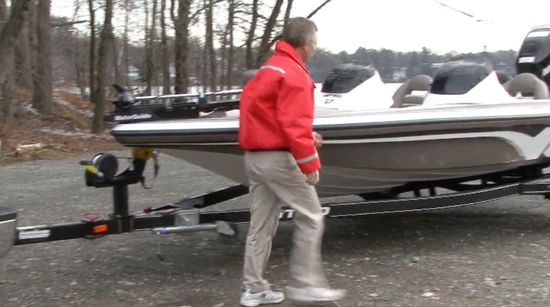
Many trailer-boaters often store their boats for periods of time without a thought. Then during boating season, there’s a trip down the road both before and after each use. Even those of us who rigorously maintain our boats tend, for the most part, to ignore our trailers. To avoid problems, or an accident, these simple checks and maintenance procedures should be done on a regular basis.
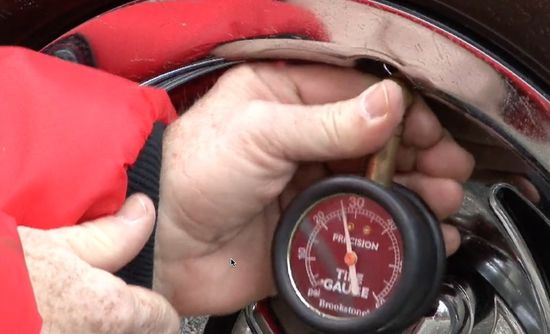
1. Check the pressure on your trailer tires – Since trailers sit for longer periods than cars or trucks, they go through more temperature changes in-between uses - which affects your tire pressure. Often, we don’t notice when trailer tires get low because we just don’t pay as much attention to them. It is important to check the trailer’s tire pressure before starting out.
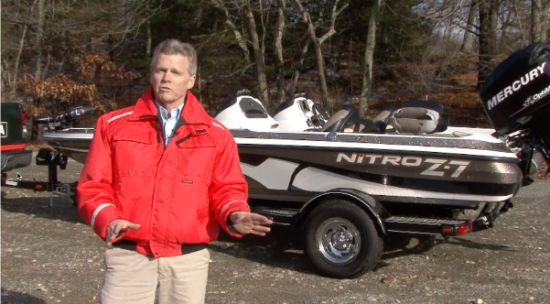
2. Grease the wheel bearings – Most manufacturers believe you should add fresh grease every few thousand miles. This can be hard to keep track of since a trailer doesn’t have an odometer. Therefore, it’s better to play this one safe. Make a habit of greasing at least once each spring and fall as well as after you make a significant road-trip.
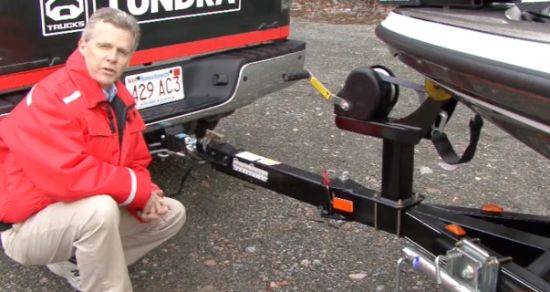
3. Lubricate the hitch – This is one spot almost no one pays attention to. To avoid the hassle of a stuck hitch latch, lubricate it with a rust and corrosion protector, inhibitor and waterproof lubrications such as Boeshield T-9 or CorrosionX. After applying, open and close the latch a few times. Not only will this make it easier to operate the latch, it will protect the metal as well. Note that the coupler should also get a bit of lubrication.
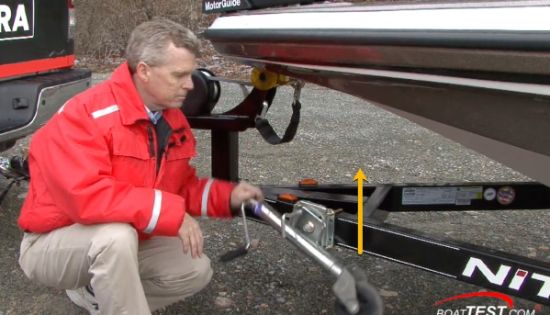
4. Lubricate the jack stand – This is another item that usually gets ignored until it’s either nearly impossible to use or the jack stand breaks. With regular lubrication, the jack stand will operate much easier and last a lot longer.
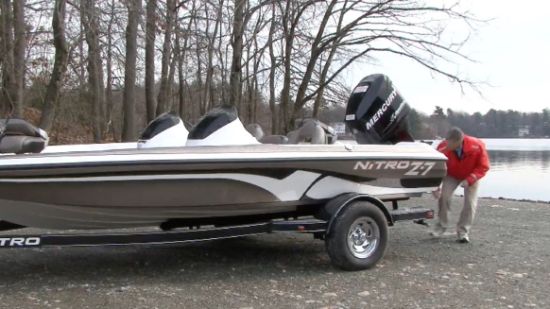
5. Perform a full light check – Even with today’s LEDs, trailer lights fail at a high rate. It is important to check the lights every time you hit the road.
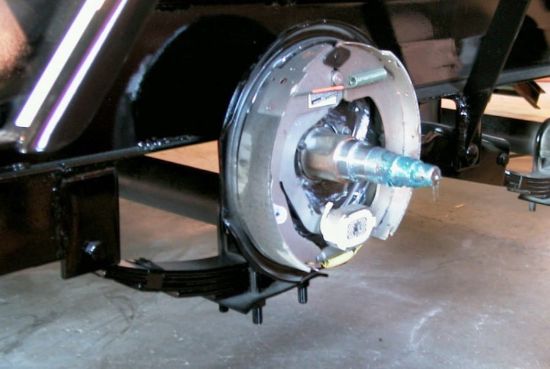
6. Inspect the brakes – Look for drooping lines that can be caught on an item in the roadway that can snag and rip them free. Check the fluid to be sure it is filled to the proper level. See if the brakes themselves show signs of corrosion.
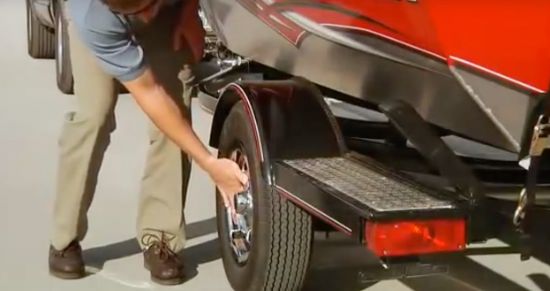
7. Check the wheel lug nuts – Lug nuts can seize over time due to corrosion, especially on boats used in saltwater. Within a few years, lug nuts become corroded and seize in place. This situation often requires an impact wrench or possibly a torch to remove them. The solution is simple. At least once a year, loosen the lug nuts, treat them for corrosion, then tighten them back down. This procedure will eliminate the possibility of seized lug nuts.
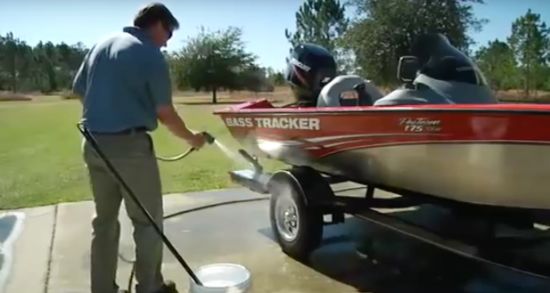
8. Wash your trailer down with freshwater – Even if the boat is launched and runs only on fresh bodies of water, make sure to thoroughly wash the whole trailer. Pay extra attention to the brakes, lug nuts, lights, and license plate - all of which can be trouble spots. By following all of these maintenance procedures, a trailer may remain trouble-free for years. However, in our experience, no matter how well you keep a boat trailer maintained, you can still expect to hit a few bumps along the road. But with a contentiously-maintained trailer, those bumps will be smaller, fewer, and much easier to handle.